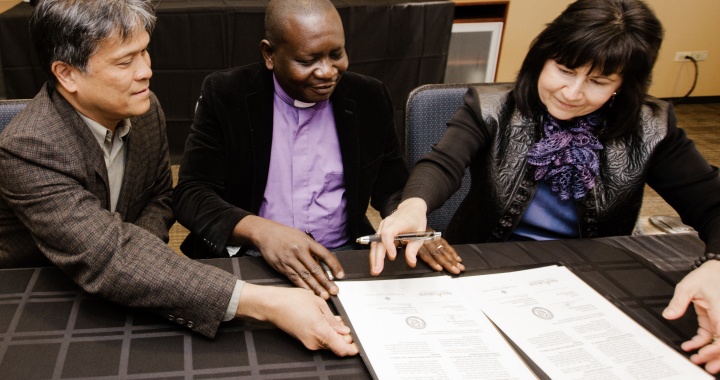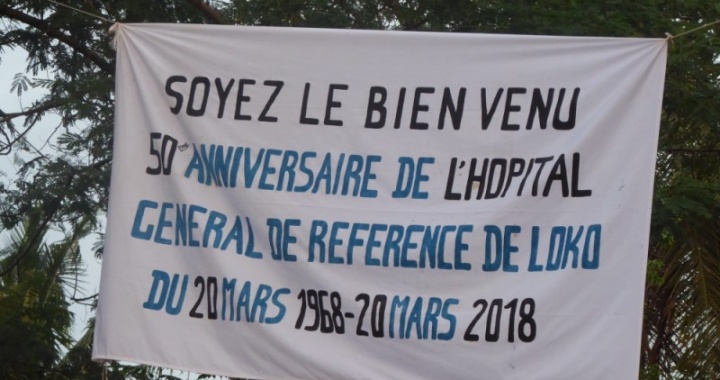 Partners on the Journey: A Special 50th Anniversary Blog Series, Part 14, By Mike Hertenstein
Partners on the Journey: A Special 50th Anniversary Blog Series, Part 14, By Mike Hertenstein
Five centuries of European-world-domination were coming to an end. Decolonization, however, coincided with, and was caught up in, a Cold War that was turning hot, but mostly in various former colonies. The East-West conflict shaped and distorted North-South relations, afflicting new nations as they wrestled with their independent identity. As ever, the poorest people in the world were caught in forces beyond their comprehension and control. Adding to the confusion: America, beacon of hope, marshalled troops in its own streets amid racial conflict and regularly took the side of ex European colonialists against proliferating independence movements.
Ideological conflict shaped American politics, too. Charges of being “too soft” on Communism provoked the opposite extreme, including the ramping up of a superpower proxy war. In August 1964, US warships in Tonkin Gulf off the South China Sea took part in an incident disputed ever after, but at the time, generated a sudden surge of support to expand the war in Vietnam.
Congo, too, at the same moment, became a flashpoint. High hopes for independence shattered upon the abrupt departure of the colonial power and outsiders’ continued manipulation of subsequent internal chaos, including efforts to secure the mineral-rich Katanga province.
Patrice Lumumba, Congo’s first prime minister, stumbled between powers and power-grabs. He was overthrown, imprisoned, and murdered. His followers went mad with defeated hopes and hatred for anyone that could be blamed. With few weapons besides a magical belief in their invulnerability, they swept the nation in a “Simba Rebellion” (after the Swahili word for “lion”).
As the US began airstrikes in Vietnam, Congolese troops battled rebels for Stanleyville. Missionaries, claiming a place beside the people, inevitably got caught in the conflicts.


